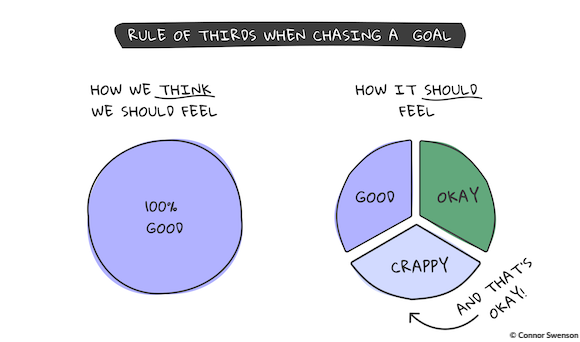Are We Asking Kids the Right Questions?
Communicating with our children is a key component in building our relationships with them as they grow older. Unfortunately, information is seldom forthcoming from them. Which means we have to find ways to understand what’s going on in their minds. Questions are a good way to test the waters, but we often tend to ask “annoying” ones, especially when the kids come back from school or a class – like football. Here are some questions we could ask differently:
1. “What did you learn today?” vs “Did you enjoy or dislike something that happened today?”
Instead of just asking for a report of what your child ‘learned’, dig deeper and ask about his or her experience. Did something nice or interesting happen? Did something unpleasant happen? If yes, what was it? It’s something our kids may respond to better.
2. “This is how you do it” vs “How would you solve this problem?”
When a child comes to us with a problem, our initial instinct is to step in to deliver a quick and efficient fix.
Resist that instinct. Don’t show your hand. Let them find a solution on their own. The process involved in finding the answer is far more important than the answer itself.
When we spoon-feed the solution to our children, we’re acting like a personal trainer who “helps” a client by lifting their weights for them. But when we let our children formulate a solution, we’re letting them exercise their critical-thinking muscles. And just like muscles, the brain must be exercised through reps and sets to grow and mature.
After our children solve the problem, ask them to solve it in a different way. Let them see that there’s often more than one way of framing the problem and more than one solution to it.
3. “That’s just how it is” vs “Great question! Why don’t you figure out an answer and tell me about it?”
Children are the masters of asking questions. They’re moved, not by a desire to impress, but by genuine curiosity. They stare at the world, wrapped in awe, and take nothing for granted. They approach life, not with the assumption that they know (or should know) the answers, but with the desire to experiment and absorb.
Who was the first man or woman in the world?
If the Earth is spinning, how come we don’t fall off?
Do butterflies poop? (We don’t know! Do they?!?)
These questions annoy many adults who believe that everything important has been settled already (That’s just how it is).
Instead of stifling our children’s curiosity, we need to nurture it. Let’s encourage them to ask questions and remain curious about the world. It’s this process of open-minded inquiry that has resulted in every major human breakthrough. The longer our children can resist the strong temptation to replace curiosity with complacency, the better off they will be.
4. “You can’t do that” vs “What would it take to do that?”
Let’s not tell our kids that their ideas are crazy and impossible. Imagine if a young Einstein had been silenced when he posed this seemingly crazy hypothetical: What would happen if I chased after a beam of light? This question could have been reflexively dismissed as absurd by a busy teacher or an annoyed parent. Its resolution ultimately culminated in the special theory of relativity.
Let’s open up possibilities instead of closing them off and encourage seemingly crazy ideas by engaging with our children: What would you need, young Albert, to chase after a beam of light? What would the beam of light look like when you arrived?”
Did you enjoy this piece? 😉 Just kidding. But we hope you did. Let’s work together in giving our kids a better platform to deal with adulthood – which can be a bit of a bummer sometimes.







